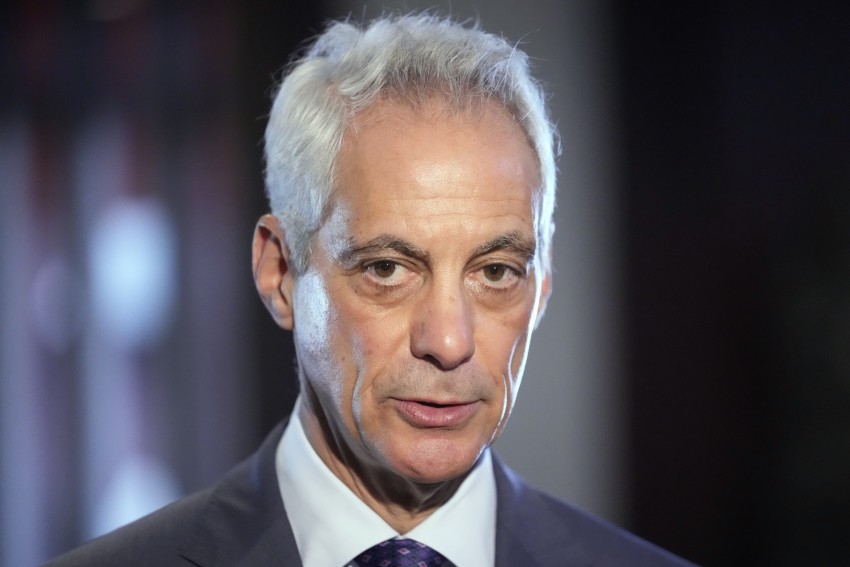U.S. Ambassador to Japan, Rahm Emanuel, has called for the formation of a coalition among allies in the Indo-Pacific region to counter China’s economic strategies. In a recent op-ed for the Wall Street Journal, Emanuel highlighted the aggressive behavior of China, which has prompted regional powers to strengthen their partnerships to isolate China economically.
He emphasized that China’s approach of using “power and might equals right” is apparent in its combative diplomacy and economic coercion, raising tensions among its neighbors.
Emanuel argued that China’s tactics have backfired, leading to enhanced collaboration between the U.S. and its allies. Over the past three years, these partnerships have become more robust, effectively sidelining China in the process.
The ambassador credited the Biden administration with advancing a “hub and spoke” alliance model, which focuses on reinforcing ties with individual countries in the Indo-Pacific. This shift has been evident in the growing bilateral relations, particularly between Japan and South Korea, and Japan and the Philippines.

The ambassador provided specific examples of these improved relations as indicators of a broader trend toward regional cooperation aimed at countering China’s influence.
Emanuel’s insights suggest that such alliances are vital for the U.S. as it seeks to maintain a strong presence in the Indo-Pacific amidst rising Chinese assertiveness. The commitment to strengthen partnerships reflects a concerted effort to create a united front against economic coercion.
Emanuel also characterized China’s economic practices as coercive, emphasizing its use of “debt-trap diplomacy” to manipulate international markets. He pointed out that China has retaliated against neighboring countries through economic measures, such as boycotts and regulatory barriers, particularly in response to political decisions it opposes.
For instance, after Australia called for an investigation into the origins of COVID-19, China imposed tariffs on Australian goods. Instead of yielding to pressure, Australia successfully sought alternative markets for its products, demonstrating that nations can diversify their trade relationships away from Chinese influence.
In line with these developments, Japan’s new Prime Minister, Shigeru Ishiba, has advocated for a stronger military alliance in the region, proposing an “Asian NATO” to address security threats posed by the collaboration between China, Russia, and North Korea.
Ishiba believes that an enhanced alliance system centered on the Japan-U.S. partnership could evolve into a regional NATO-like entity. While China has criticized U.S. initiatives in the Indo-Pacific as attempts to create a NATO-like bloc, U.S. officials have been more cautious in making such comparisons, with some stating that proposals for a regional NATO are currently “premature.”


